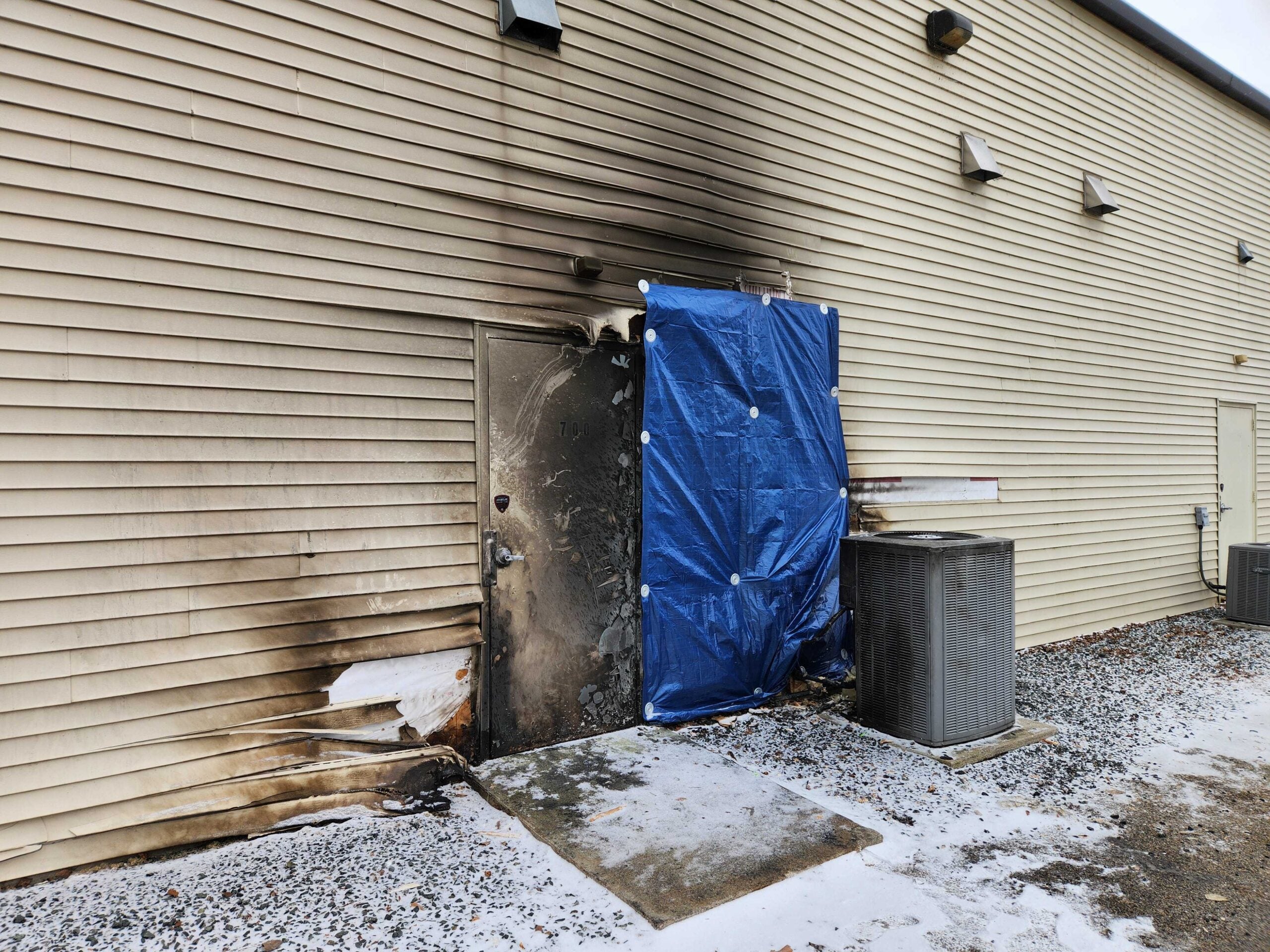A plan to change state laws that allow police to seize cash, cars and property if they suspect it was used in criminal activity has garnered bipartisan support.
A recent study by the libertarian think tank the Institute for Justice gave Wisconsin a “B” for its current civil forfeiture law. Study co-author Jennifer McDonald said Wisconsin’s law allows the government to seize property before the owner has been convicted of a crime.
“All the government has to do is show that it’s pretty likely that the property is tied to criminal activity in order to take and keep it,” said McDonald. “And that’s a big problem.”
News with a little more humanity
WPR’s “Wisconsin Today” newsletter keeps you connected to the state you love without feeling overwhelmed. No paywall. No agenda. No corporate filter.
State Rep. David Craig, R-Big Bend, said the bill he’s co-authored will change that.
“Law enforcement should enforce the law because it enforces the law, not because it wants to fund itself,” Craig said.
State Rep. Evan Goyke, D-Milwaukee, agrees. He said too often the law is used to seize the property of innocent people who are too poor to hire a lawyer to help them get it back.
Goyke said he hopes working across the aisle on this issue will lead to more dialogue with Republicans about other criminal justice reforms he said are needed to change laws that unfairly target low-income citizens.
According to the Institute for Justice study, Wisconsin law enforcement took in over $51 million in forfeited cash and property over the past decade. Unlike the states that got lower grades in the report, the proceeds of forfeiture don’t automatically go to law enforcement agencies in Wisconsin. Instead, they go into a fund to help pay for public schools.
McDonald, however, said law enforcement agencies often bypass the state civil forfeiture procedure and use federal forfeiture laws that allow the money to go to them directly. The bill just introduced in Wisconsin would also make doing that more difficult.
Correction: The original version of this story said that Wisconsin law enforcement agencies have collected over $52 million in forfeited cash and property over the past decade. That figure is actually be $51 million.
Wisconsin Public Radio, © Copyright 2025, Board of Regents of the University of Wisconsin System and Wisconsin Educational Communications Board.







